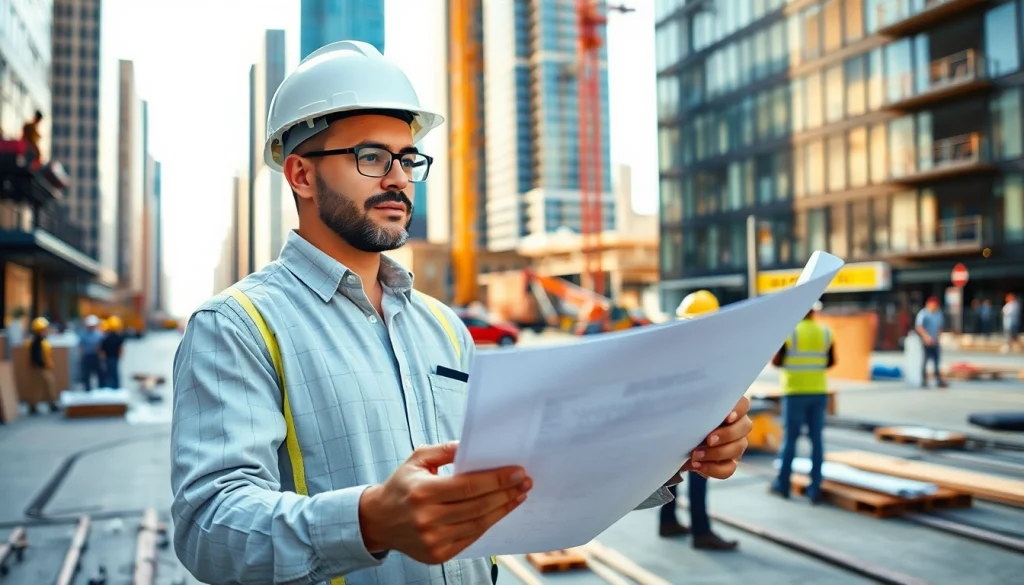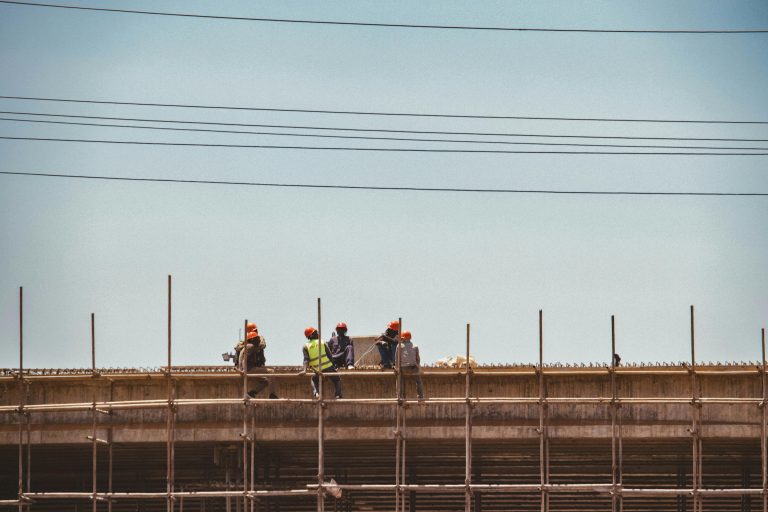
Understanding the Role of a Manhattan General Contractor
In the bustling environment of Manhattan, the role of a general contractor is crucial for the successful completion of construction and renovation projects. A capable general contractor can make the difference between a project running smoothly or facing significant delays and budget overruns. Whether you are planning a residential renovation, commercial construction, or a simple home improvement, understanding the responsibilities and functions of a Manhattan General Contractor is essential.
What Does a Manhattan General Contractor Do?
A general contractor serves as the primary point of contact for all parties involved in a construction project. This includes coordinating with subcontractors, managing budgets, adhering to timelines, and ensuring compliance with local regulations and building codes. They act as a liaison between the client and the various tradesmen needed to complete the project.
Key Responsibilities and Services Offered
The responsibilities of a Manhattan general contractor extend far beyond simple project management. Their key services typically include:
- Project Planning: Developing a detailed project timeline and strategy, including schedules and milestones.
- Budget Management: Estimating costs and managing financial resources effectively to avoid overruns.
- Subcontractor Management: Hiring and overseeing subcontractors specialized in various fields, like plumbing, electric work, or masonry.
- Compliance Assurance: Ensuring that the work meets all local laws, regulations, and safety standards.
- Quality Control: Monitoring work quality and materials to ensure they align with the project specifications.
- Client Communication: Regularly updating clients on progress and any changes in project scope or schedule.
Benefits of Hiring a Manhattan General Contractor
Engaging a qualified general contractor offers several advantages:
- Expertise: Their experience allows them to foresee potential challenges and mitigate risks.
- Network: They have established relationships with reliable subcontractors and suppliers, ensuring quality work.
- Time Savings: A general contractor’s expertise leads to more efficient project execution.
- Stress Reduction: They handle the complexities of construction, allowing clients to focus on their priorities.
How to Select the Best Manhattan General Contractor
Essential Qualities to Look For
When evaluating potential contractors, consider the following qualities:
- Experience: Look for contractors with experience in projects similar to yours, as they will better understand specific challenges.
- Reputation: Research online reviews, testimonials, and case studies to gauge previous client satisfaction.
- Communication Skills: Effective communication is critical for maintaining a good working relationship throughout the project.
- Problem-Solving Abilities: A good contractor should be resourceful and capable of addressing unforeseen issues quickly.
Evaluating Experience and Expertise
Do not hesitate to ask for references and examples of past projects. Additionally, consider their portfolio’s diversity and relevance to your specific project requirements. Certifications and licenses, particularly those pertaining to New York City, are strong indicators of a contractor’s professional standing.
Questions to Ask Potential Contractors
During interviews with potential contractors, ask questions that can help clarify their operations:
- Can you provide a detailed estimate and timeline for my project?
- How do you handle changes to the project scope?
- What is your process for hiring subcontractors?
- Can you provide proof of insurance and licensing?
Cost Factors in Hiring a Manhattan General Contractor
Understanding the financial aspects of hiring a general contractor in Manhattan is key to a successful project. Costs can vary widely based on several factors, including project complexity, contractor experience, and materials used.
Breakdown of Common Expenses
The total cost can be broken down into several components:
- Labor Costs: This includes wages paid to all workers on the project, including subcontractors.
- Permits and Fees: Costs associated with obtaining necessary building permits from local authorities.
- Materials: The expense of all construction materials ranging from concrete to finishes.
- Overhead: General contractors typically charge a fee (often a percentage of the total project cost) to cover their overhead and profit.
Tips for Requesting Project Quotes
When seeking quotes from contractors, provide detailed project descriptions and plans. This ensures contractors give accurate estimates. Always request written quotes for comparison and keep an eye out for any hidden fees that may arise later in the project.
Understanding Payment Structures
Most general contractors work on either a fixed-price contract or a cost-plus contract. Understanding the differences can help you navigate costs effectively:
- Fixed-Price: A set price for the entire project agreed upon upfront.
- Cost-Plus: The contractor bills for actual expenses plus a profit margin, which can lead to variable overall costs.
Legal Considerations When Hiring a Manhattan General Contractor
Engaging a general contractor involves various legal considerations that protect you as a homeowner or business. Familiarizing yourself with these aspects can prevent potential legal issues down the road.
Licensing and Insurance Requirements
Verify that any contractor you consider hiring holds the necessary state and local licenses to conduct business in Manhattan. Additionally, contractors should carry general liability and workers’ compensation insurance to shield you from liabilities in case of accidents.
Understanding Contracts and Agreements
Contracts are essential in detailing the scope of work, payment terms, and schedules. Always review these carefully and consider having a legal professional assess them before signing.
Dispute Resolution and Your Rights
Miscommunications or conflicts can arise during construction. Having clear terms regarding dispute resolution in your contract can help manage conflicts effectively and ensure your rights are upheld.
Best Practices for Working with a Manhattan General Contractor
Once you have selected a general contractor, you can take further steps to ensure a productive working relationship.
Effective Communication Strategies
Establishing a solid communication framework is vital. Regular check-ins can help preempt any potential issues and foster a collaborative environment. Use tools such as project management software for tracking progress and facilitating communication.
Setting Clear Expectations and Milestones
Defining clear expectations regarding timelines and deliverables helps maintain focus and accountability. This includes setting project milestones that can help keep the project on track.
Monitoring Progress and Quality Control
Don’t hesitate to conduct regular site visits to assess progress and adherence to quality standards. Open discussions regarding any concerns can facilitate adjustments in a timely manner.



